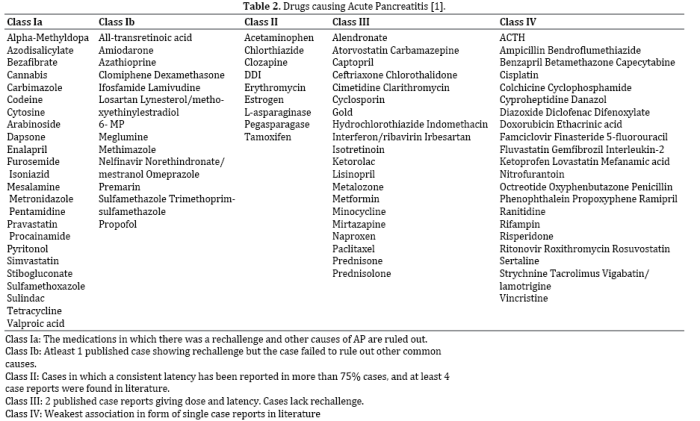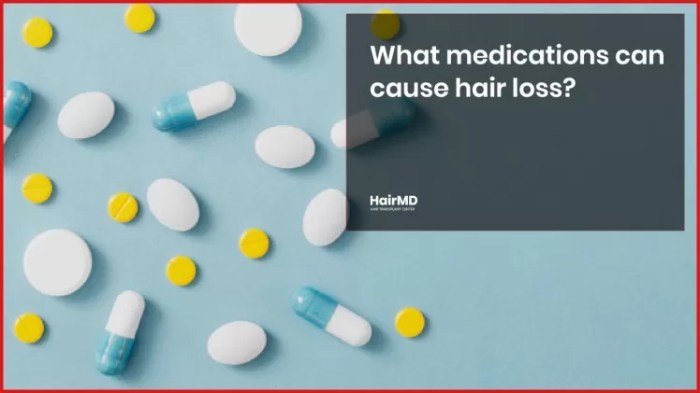What medications cause a perm not to take? This question sparks a captivating exploration into the intriguing world of hair chemistry and the impact of certain medications on achieving the desired perm results. Understanding the interplay between medications and perming solutions is crucial for hair stylists and clients alike to ensure optimal hair treatments and minimize potential complications.
This comprehensive guide delves into the specific medications that can disrupt the perming process, alternative hair treatments available, and essential precautions to consider. By shedding light on these factors, we empower individuals to make informed decisions about their hair care routines and navigate the complexities of medication interactions with confidence.
1. Medications that Interfere with Perming

Perming solutions work by breaking down the disulfide bonds in hair, allowing it to be reshaped and curled. Certain medications can disrupt this process by interfering with the chemical reactions involved.
- Antihistamines, such as diphenhydramine and loratadine, can inhibit the breakdown of disulfide bonds, preventing the hair from taking on the desired curl.
- Antibiotics, including erythromycin and tetracycline, can form complexes with the perming solution, reducing its effectiveness.
- Antidepressants, such as fluoxetine and sertraline, can alter the pH balance of the hair, making it less receptive to perming.
Using these medications before or during a perm treatment can significantly reduce the effectiveness of the perm or even prevent it from taking altogether.
2. Alternative Hair Treatments

If medications interfere with perming, alternative hair treatments can achieve similar results without the risk of medication interference.
- Digital perm: Uses heat to reshape the hair, avoiding the use of chemicals. This technique is less damaging to hair but may not produce as long-lasting results as a traditional perm.
- Japanese thermal reconditioning: A more permanent hair straightening treatment that uses a combination of heat and chemicals. This treatment can be more damaging to hair than a traditional perm but produces longer-lasting results.
- Hair setting: Uses rollers or curlers to shape the hair without the use of chemicals. This technique produces temporary curls that will wash out with shampoo.
The suitability of these treatments depends on the desired result, hair type, and texture.
3. Precautions and Safety Considerations

To safely use medications and undergo perm treatments, follow these precautions:
- Disclose medication use to hair stylists: Inform your hair stylist about all medications you are taking, including prescription and over-the-counter drugs.
- Avoid perming if taking interfering medications: If you are taking medications known to interfere with perming, it is best to avoid perming until you have stopped taking the medication.
- Follow hair stylist’s instructions: Carefully follow the hair stylist’s instructions before and after a perm treatment.
By following these precautions, you can minimize the risk of adverse reactions or perm failure due to medication interactions.
4. Role of Hair Stylists: What Medications Cause A Perm Not To Take
Hair stylists play a crucial role in assessing clients’ medication history and advising on appropriate hair treatments.
- Assess medication history: Hair stylists should ask clients about their medication use during the consultation.
- Advise on treatment options: Based on the client’s medication history, hair stylists should recommend the most appropriate hair treatment options.
- Communicate effectively: Hair stylists should clearly explain potential medication interactions and the risks involved to clients.
By fulfilling these responsibilities, hair stylists can ensure client safety and satisfaction.
Questions Often Asked
Can I perm my hair if I am taking antibiotics?
It is generally not advisable to perm your hair while taking antibiotics, as certain antibiotics can interfere with the chemical process of perming and lead to unsatisfactory results.
What are some alternative hair treatments to perming?
Alternative hair treatments include keratin treatments, Japanese hair straightening, and digital perms, which offer similar hair transformation effects without the use of traditional perming solutions.
What precautions should I take before getting a perm?
Before getting a perm, disclose any medications you are taking to your hair stylist, avoid using harsh hair products, and ensure your hair is in good condition to minimize the risk of damage.